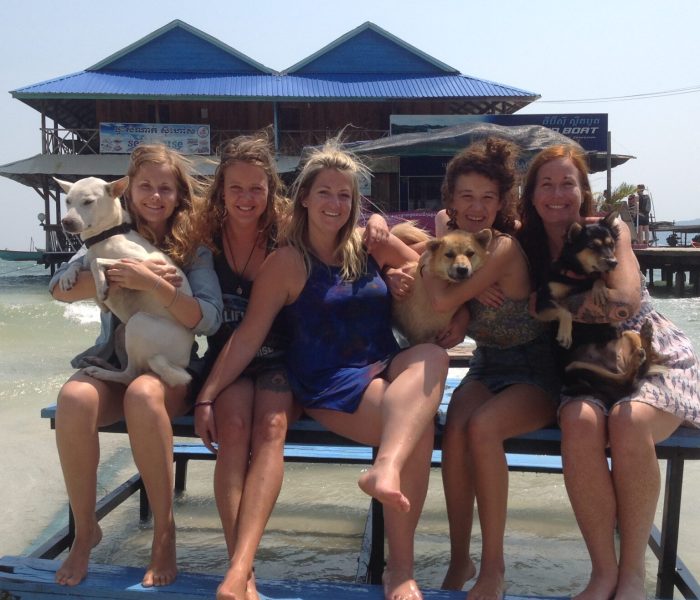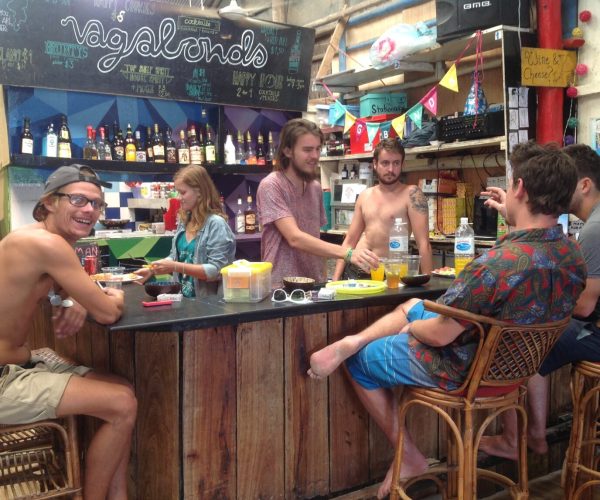buy on Indie Bound
buy on Barnes and Noble
buy on amazon
The
One-Way
Ticket Plan
this book has magic powers
Find and Fund Your Purpose while Traveling the World
listen on audible
got to application
Want to contribute to the blog? I love to feature the perspective of other solo female travelers.
Application
Blog Contribution
meet your travel guide
I'm a bestselling author, hotel reviewer and pickleball player. I teach women how to travel the world solo without going broke or getting kidnapped.
In 2011, I left Seattle with just $200 in my pocket to travel the world solo. Today, I'm the founder and creator of The Solo Girl’s Travel Guide, the #1 travel guide book series for women - and the author of The One-Way Ticket Plan.






